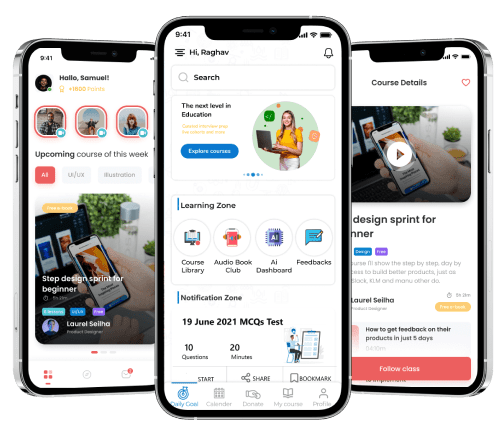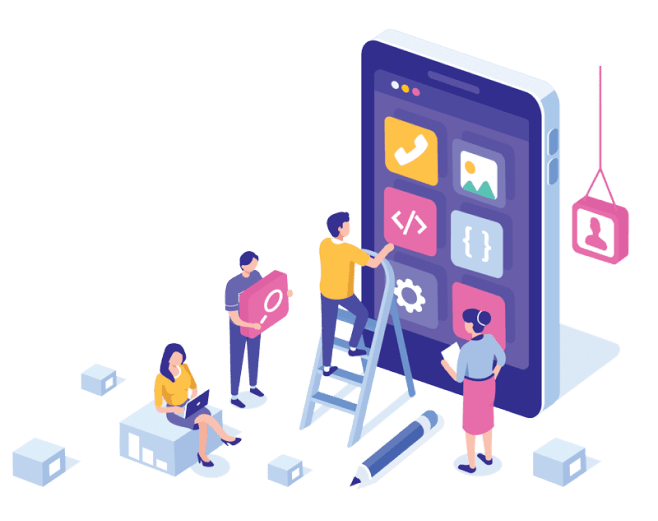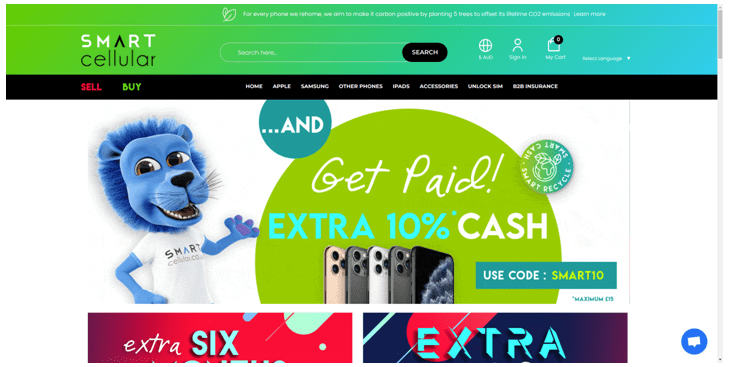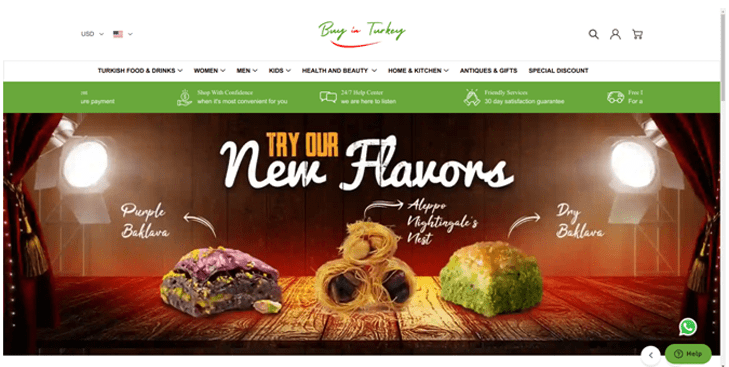Our Hybrid App Development Approach
Build Engaging Apps Across Various Platforms
Project Discovery and Requirements Gathering





The first step is to conduct a thorough project discovery phase where you define the goals, target audience, and features of your hybrid app. Identify the specific functionalities you want to include and gather detailed requirements to guide the development process.
Hybrid app development





Hybrid mobile app development makes use of standard web technologies like CSS, JavaScript, and HTML5. The shared code is enfolded in a native container using variant tools and shipped as a regular app. One of the biggest advantages that a hybrid app offers is its reduced cost to build and run.




























